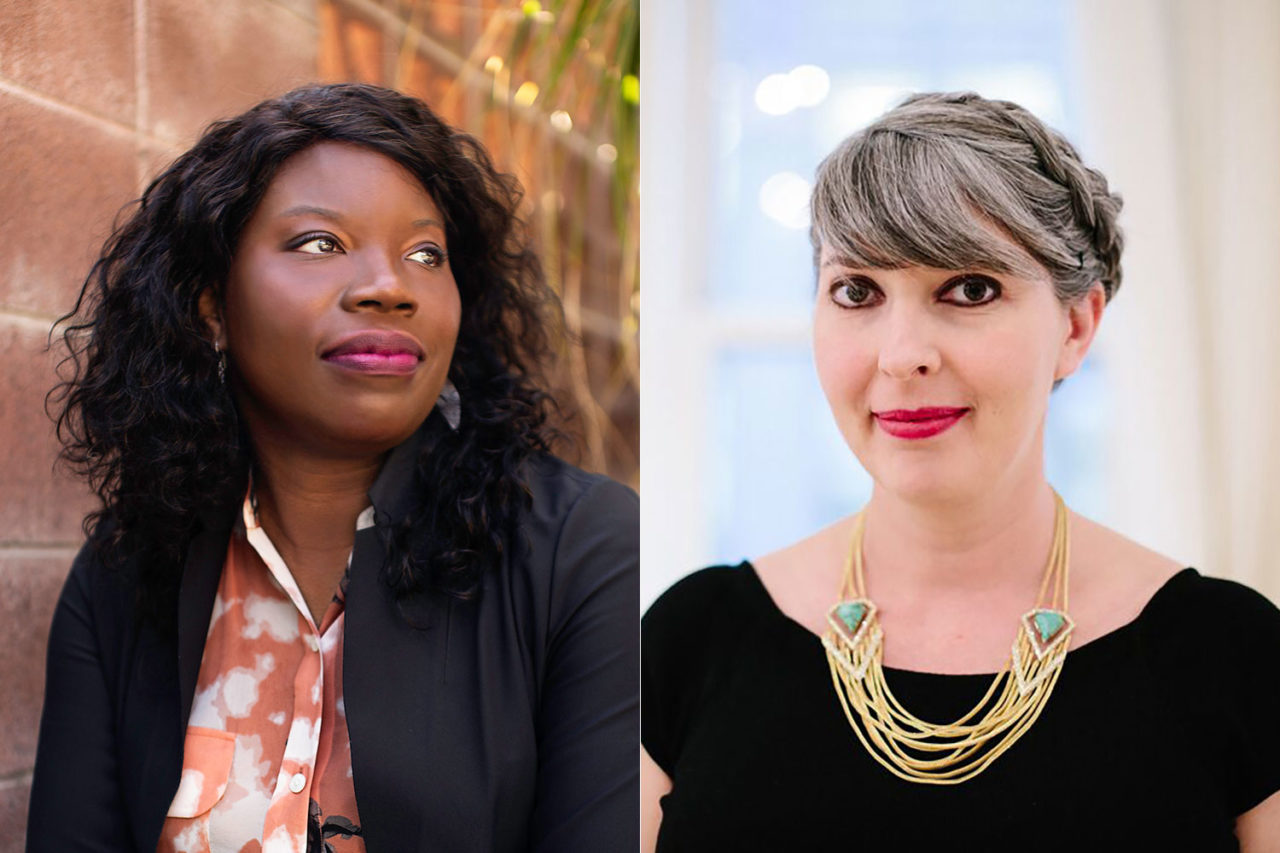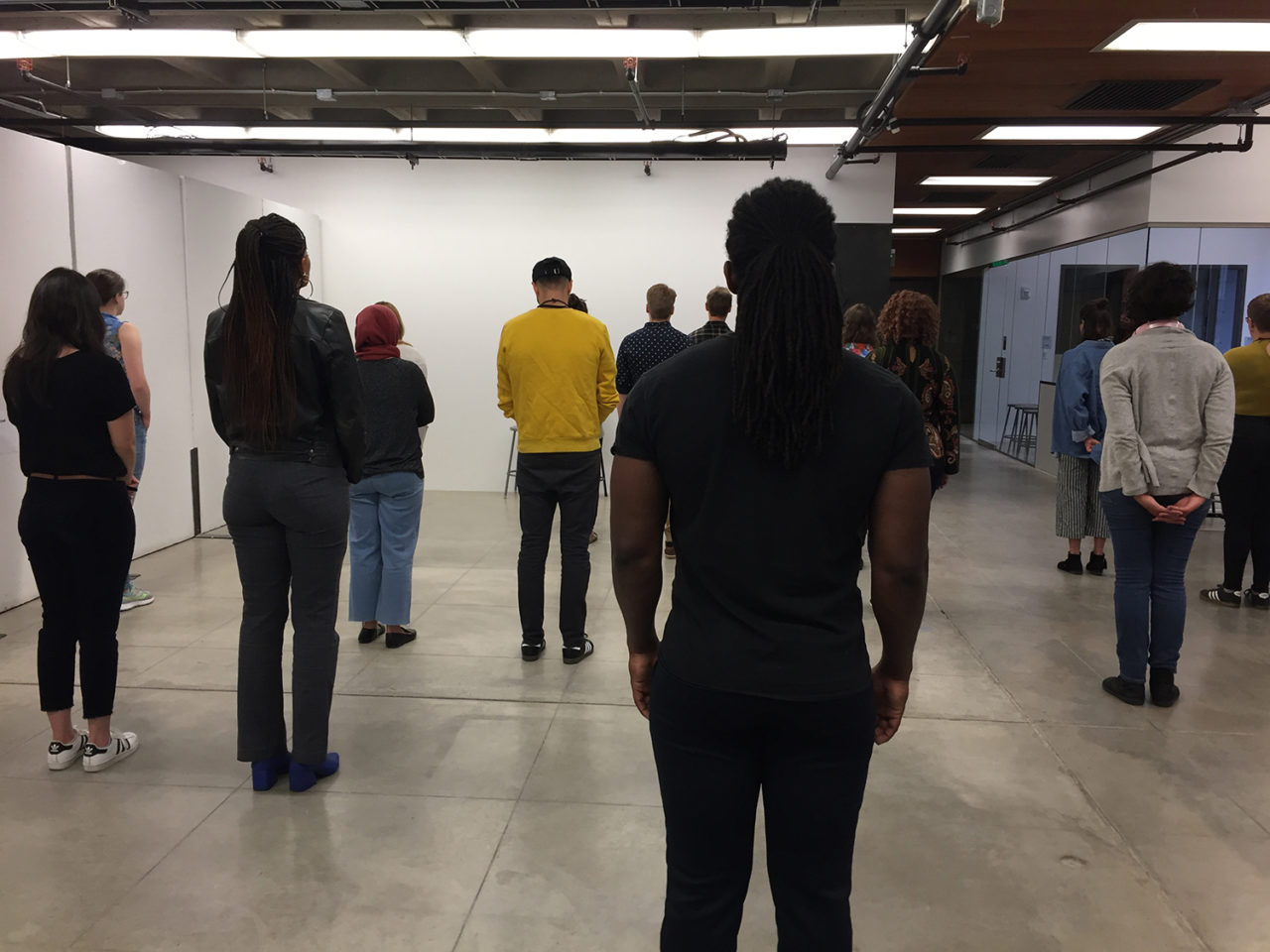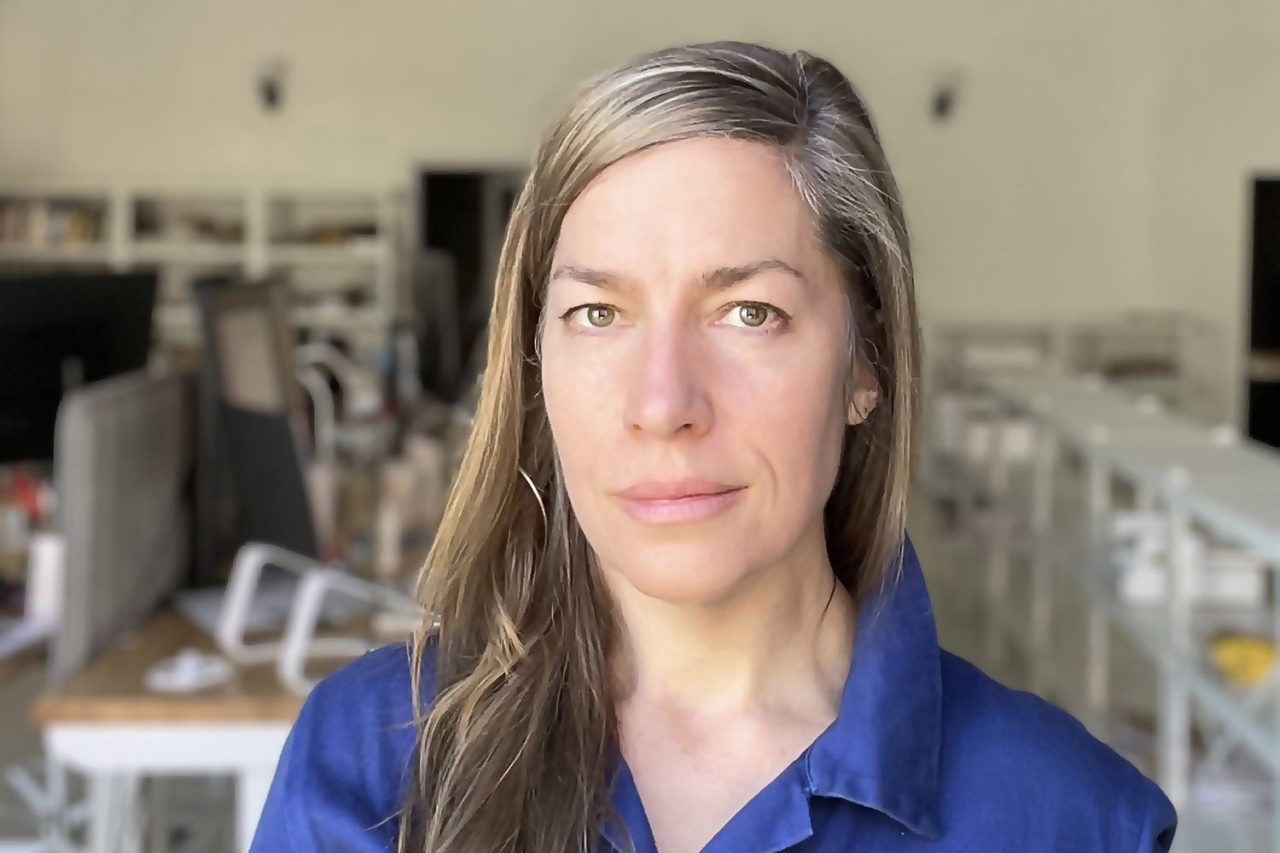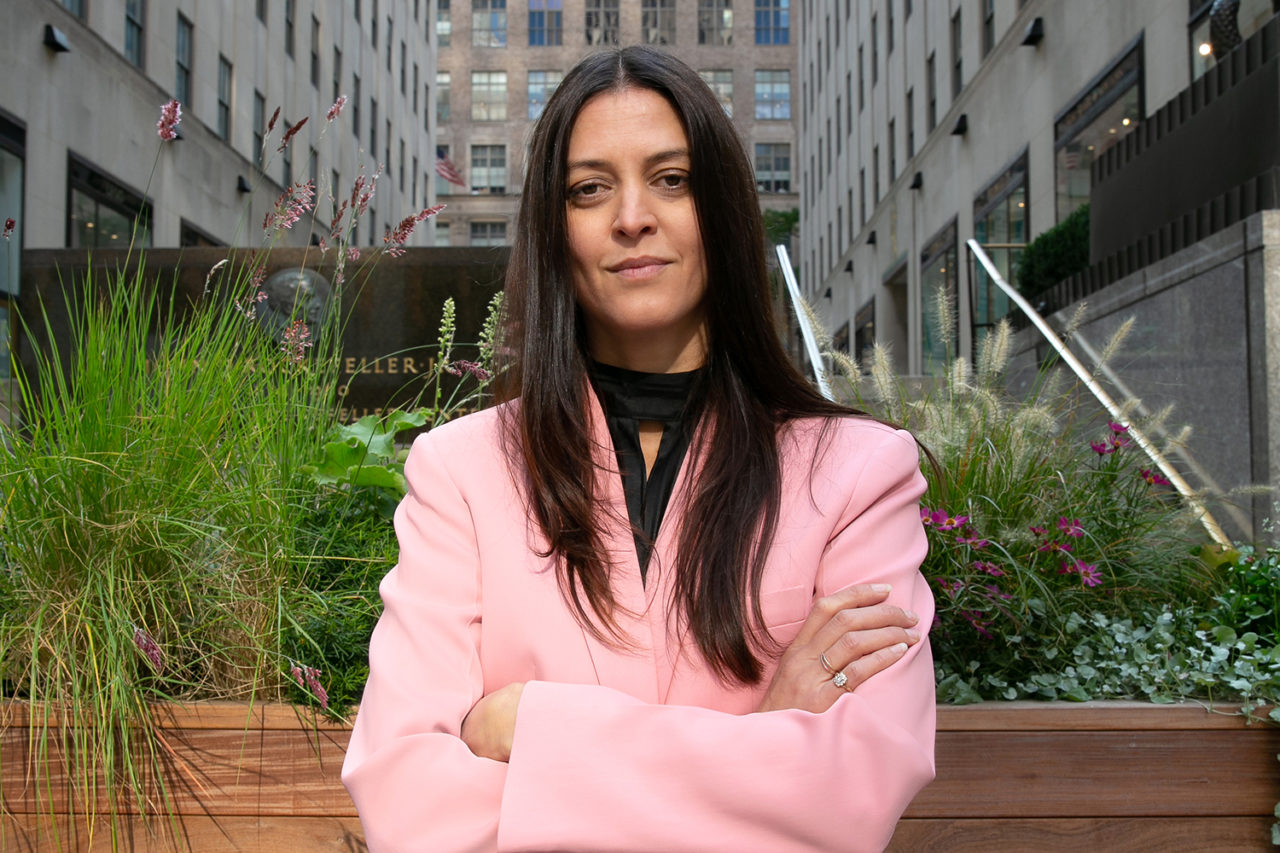by Center for Architecture
The Center for Architecture, in partnership with AIA New York, is proud to announce the 2022 recipients of the Arnold W. Brunner Grant for Architectural Research.
The Arnold W. Brunner Grant is awarded to mid-career architects for advanced study in any area of architectural investigation that contributes to the knowledge, teaching, or practice of the art and science of architecture. AIANY and the Center for Architecture’s joint Scholarship Committee assesses projects based on their engagement with contemporary local and global architectural issues and the utility of the research project’s end product.
AIANY and the Center for Architecture award scholarships and grant awards throughout the year for architectural students, architectural student journals, and practicing architects. Visit our website for more information on upcoming grants and scholarships deadlines.
2022 Recipients
Christine Gaspar and Liz Ogbu, Design as a Tool to Support Community Healing, $15,000
As community-engaged design practitioners, Christine Gaspar and Liz Ogbu recognize how harm and grief intersect with built environment histories, from long-festering racial wounds to generational poverty and the climate emergency. Despite widespread need, there is no blueprint for addressing these wounds or their healing in design processes. Without these tools, how can we address the challenges—COVID recovery, climate crisis, and racial reckonings—our cities face? Through this project, Gaspar and Ogbu will research rituals and practices for grieving and healing to develop tools for designers to support collective recovery in built environment practices.
Christine Gaspar is a designer and planner with over 15 years of experience in community engaged design practice. Since 2009, she has been the Executive Director of the Center for Urban Pedagogy, a NYC-based nonprofit that uses the power of design to increase civic engagement. Prior to that, she was Assistant Director of the Gulf Coast Community Design Studio. Gaspar is a founding member of the Design Futures Student Leadership Forum Advisory Board. She holds Masters in Architecture and in Urban Planning from MIT and a Bachelor of Arts in Environmental Studies from Brown University.
A designer, urbanist, and spatial justice activist, Liz Ogbu is a global expert on engaging and transforming unjust urban environments. She is Founder and Principal of Studio O, a multidisciplinary design consultancy that works at the intersection of racial and spatial justice. Ogbu has held several academic appointments, including positions at UC Berkeley, Stanford’s d.school, and UVA. She earned architecture degrees from Wellesley College and Harvard University.
Jane Lea, Monumental: A Re-imagining of NYC’s Commemorative Landscape, $10,000
New York City’s commemorative landscape is predominantly male. “Monumental” builds off Jane Lea’s existing work, which has identified a lack of parks honoring individuals who identify as women. Using this gender imbalance as a prompt, Lea will investigate ways to correct this disparity. The project’s primary objective will be to identify alternative naming sites outside traditional park locations, investigate forms for these new typologies, and provide a toolkit for future installations. The project’s final products will include a digital map of potential monument locations, designs for new monument typologies, and downloadable toolkits for these assets.
Jane Lea, AIA, is founding principal of LEA Architecture, a Brooklyn-based architecture studio, and has taught at Cooper Union, Parsons and Pratt. She holds a Master of Architecture from Columbia University and is a licensed architect in New York and Pennsylvania. She is also a founding member of Design Advocates, a non-profit organization that serves as a platform for designers to serve the public good. Before founding LEA Architecture, Lea spent ten years working for firms in NYC, including eight years at Architecture Research Office.
Liz Teston, Public Interiority, $10,000
“Public Interiority” engages with timely and critical issues in the architectural discipline by casting aside the façade as the primary interior delineator, instead advocating for interior-feeling exterior urban places. The project asks, how can we craft mobile conditions of interiority in the present late-COVID context and beyond? What is the nature of interiority, if not defined as being indoors? The project’s multi-city case studies will investigate conditional interiors via atmosphere, form, politics, program, and psychology, while bridging communities and generating dialog about interiority.
Liz Teston is a designer and Associate Professor of Interior Architecture at the University of Tennessee, Knoxville. From 2017 to 2019, she was the James Johnson Dudley Faculty Scholar in the College of Architecture and Design at UTK. In 2018 she was a Fulbright Scholar in Bucharest, Romania. She received a Master of Architecture from Georgia Institute of Technology.
Julia Watson, Lo-TEK: Underwater and Intertidal Nature-Based Technologies, $15,000
Lo-TEK is a movement, coined by Julia Watson, exploring thousands of years of human wisdom and ingenuity in diverse environments across the globe. Her proposed publication, Lo-TEK: Underwater and Intertidal Nature-Based Technologies investigates indigenous responses to sea level rise, which remain largely unexplored in the search for design solutions to the climate crisis. Her research is structured around the United Nations Intergovernmental Panel on Climate Change’s 2019 report, which outlines five sea level response strategies: protect, accommodate, retreat, advance, and ecosystem-based adaptation. These five strategies will serve as become the organizing strategy for the content of the book.
Designer, activist, and academic Julia Watson is a leading expert on indigenous technologies. Her bestselling book, Lo-TEK: Design by Radical Indigenism, has been featured in publications including The New York Times, The Guardian, Architectural Digest, and The Washington Post. Watson is Principal of Julia Watson, a landscape and urban design studio with a focus on indigenous design. Regularly teaching at Harvard and Columbia University, Watson’s studio work involves landscape and urban design and consulting with brands on sustainability.





